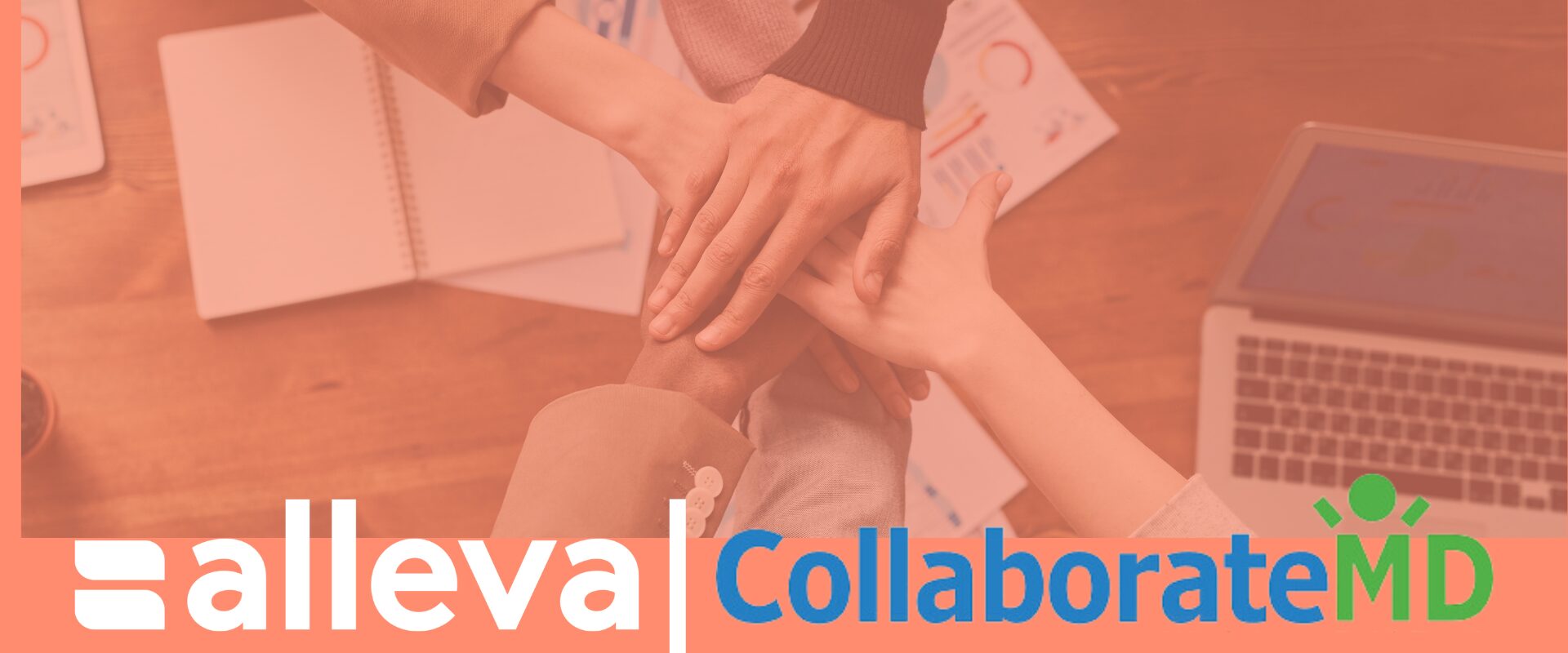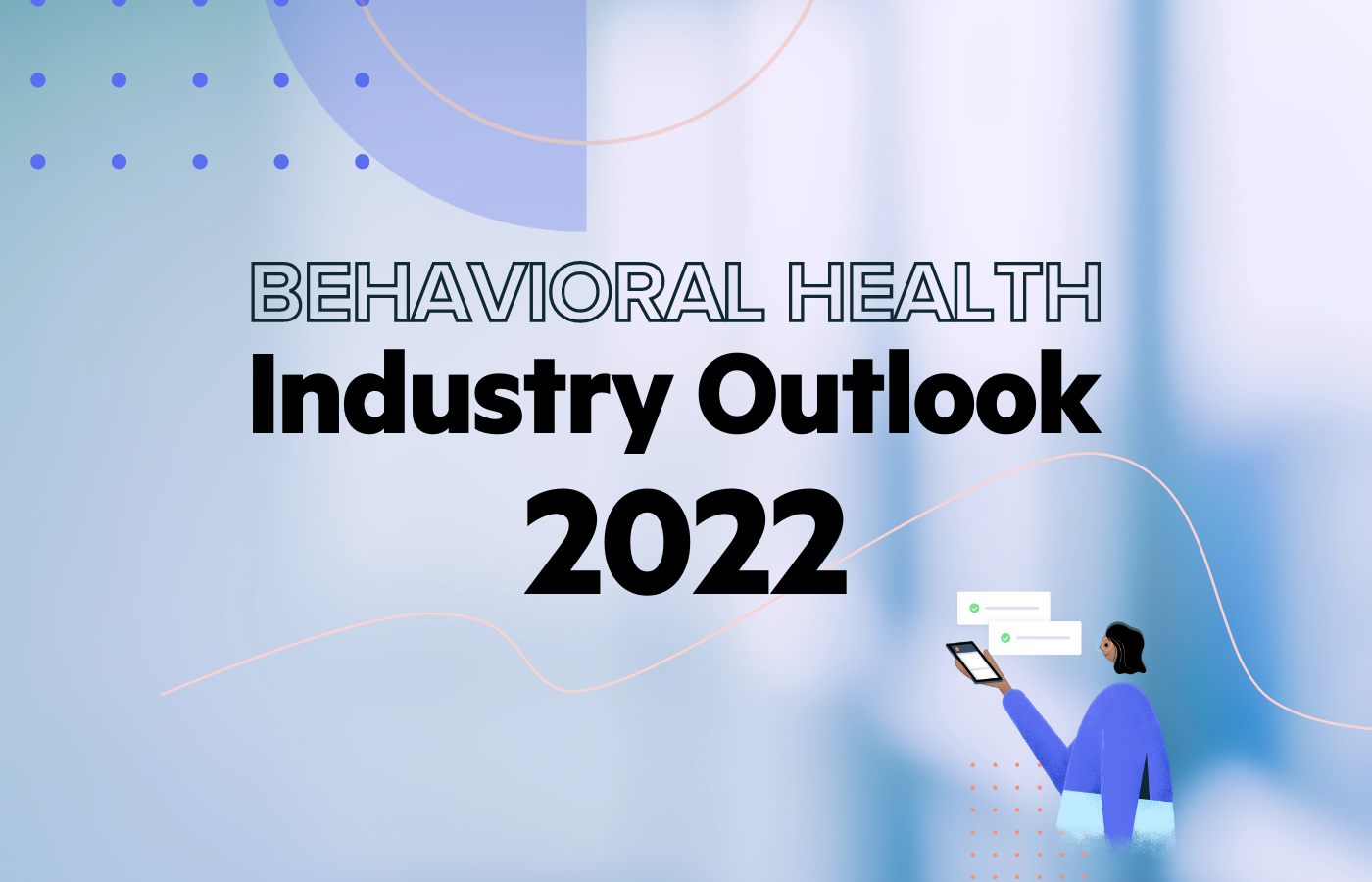Alleva, a leading provider of electronic medical records (EMR) software for behavioral health and addiction treatment programs, has announced an expanded integration with CollaborateMD, a cloud-based medical billing and practice management solution. This partnership offers a seamless billing experience for healthcare providers, helping them streamline their billing processes and access advanced billing technology. Alleva's new Encounter Transmission Table (ETT), allows users to view, filter, and report on their billable service data, while also sharing demographic, insurance, and diagnosis information with CollaborateMD for easy claim submissions. Eliminating redundancy reduces administrative errors and improving efficiency boosts overall productivity. The collaboration between Alleva and CollaborateMD promises to be a game-changer in the behavioral healthcare industry, providing innovative solutions to optimize billing and payment processes.
Introduction to Alleva and CollaborateMD's Partnership
Alleva: An Overview of Features
Alleva's electronic medical records (EMR) software is specifically designed to meet the unique needs of behavioral health and addiction treatment providers. It offers an intuitive interface that simplifies charting, reduces manual data entry, and ensures compliance with healthcare regulations. Key features include customizable treatment plans, detailed client profiles, and secure messaging, which facilitate coordinated care and improve client outcomes. Alleva also comes with robust reporting capabilities, allowing providers to generate insights on client progress and treatment efficacy. Moreover, integrating with tools like CollaborateMD, Alleva empowers providers by streamlining the billing process, from service capture to claim submission. This integration reflects Alleva's commitment to enhancing the administrative aspects of care, enabling providers to focus on delivering quality treatment.
CollaborateMD: Transforming Medical Billing
CollaborateMD stands out in the medical billing and practice management landscape for its cloud-based platform that combines ease of use with powerful functionality. It offers real-time claim tracking, centralized billing information, and personalized support to ensure that healthcare providers can manage their finances effectively and efficiently. The system's ability to minimize claim rejections and expedite reimbursements contributes to a healthier revenue cycle for practices. CollaborateMD's advanced reporting tools provide actionable financial insights, allowing providers to make informed decisions and optimize their billing operations. The integration with Alleva further enhances CollaborateMD's capabilities, creating a unified solution that addresses the end-to-end billing needs of the healthcare industry. With its focus on accuracy, efficiency, and user experience, CollaborateMD is revolutionizing medical billing for providers across the nation.
Unveiling Seamless Billing Experience
Innovative Encounter Transmission Table (ETT)
The Encounter Transmission Table (ETT) is a standout feature in Alleva's software, reflecting a significant step forward in billing efficiency. It serves as a centralized hub where providers can review and manage all billable encounters before transmitting to CollaborateMD for processing. The ETT's filter and report functions allow for quick identification of services that are ready for billing, which helps in reducing the lag time between service delivery and claim submission. It also ensures that all necessary information is complete and accurate, thereby minimizing the chances of claim denials due to errors or omissions. This innovative tool streamlines the billing workflow, enabling providers to get a better handle on their finances and allowing for more time to be allocated to client care rather than administrative tasks.
Cross-Platform Sharing for Efficient Claims Submission
Through Alleva and CollaborateMD's integration, cross-platform sharing has been refined to facilitate efficient claims submission. The synergy between the two platforms allows for the seamless transfer of demographic, insurance, and diagnosis data directly from Alleva’s system to CollaborateMD. This interoperability eliminates the need for duplicate data entry, significantly reducing the margin for human error and ensuring that claims are submitted correctly the first time. As a result, healthcare providers experience fewer claim rejections and denials, leading to a faster reimbursement cycle. Automated data sharing not only saves time but also enhances data integrity across platforms. Such efficiency is critical for behavioral health providers who contend with the complexities of billing for mental health services, as it enables them to maintain a focus on client care while trusting the billing process to operate smoothly.
Enhancing Revenue Cycle Management (RCM)
Streamlining Billing Processes: A Solution for Redundancies
The integration of Alleva with CollaborateMD attacks the problem of redundancy head-on, offering a solution that streamlines the entire billing process within the revenue cycle management (RCM) framework. By automating data transfer and minimizing manual intervention, the partnership ensures that the billing cycle is not only faster but also more accurate. The reduction of repetitive tasks allows administrative staff to redirect their efforts towards more strategic activities that can positively impact the financial health of the practice. For instance, staff can focus on following up on unpaid claims or improving client engagement strategies. This streamlined approach is particularly beneficial for behavioral health practices where billing can be complex due to the nature of services provided. The removal of redundancies through this integration leads to a leaner, more focused RCM process, bolstering the financial backbone of healthcare providers.
Improving Efficiency: Reducing Administrative Errors
Efficiency in healthcare billing is not just about speed; it's also about accuracy. Administrative errors can be costly, leading to claim rejections, payment delays, and additional work for staff. Alleva and CollaborateMD's partnership directly addresses these issues by providing tools that help reduce errors from the outset. The Encounter Transmission Table (ETT), for example, ensures that only complete and verified billable encounters are submitted to CollaborateMD. This verification process catches common mistakes before they become problems. Additionally, the use of consistent, automated data entry reduces variability that can lead to errors. With these systems in place, healthcare providers see a decrease in denied claims and an increase in on-time payments, which are crucial for maintaining a healthy cash flow. Ultimately, the focus on reducing administrative errors through improved efficiency translates to a more robust and reliable revenue cycle for healthcare providers.
Expert Insight on the Partnership
Steve McCall's Perspective on the Collaboration
Steve McCall, CEO of Alleva, sees the combination of Alleva's EMR strengths with CollaborateMD's robust billing system as an advancement that will streamline operations significantly. McCall points out that having a unified system not only saves time but also ensures a higher level of precision in medical billing—a critical factor for the financial stability of healthcare facilities. He believes that by focusing on seamless integration, the partnership is well-positioned to set a new standard for revenue cycle management in the healthcare sector, particularly in the niche of behavioral health.
The Future of Healthcare Billing Solutions
The future of healthcare billing lies in the adoption of integrated, intelligent solutions like the one offered by the Alleva and CollaborateMD partnership. These solutions are poised to become the backbone of a more efficient and error-free billing system within the healthcare industry. As technologies continue to evolve, we can anticipate further advancements that will enhance the accuracy and speed of billing processes. The next generation of healthcare billing solutions will likely incorporate more analytics, machine learning, and automation to predict and prevent errors before they happen. The result will be a more streamlined revenue cycle that benefits both providers and clients. By staying at the forefront of these technological shifts, Alleva and CollaborateMD are setting the standard for what providers should expect from their billing systems in the years to come.
The Power of Ongoing Innovation
Ongoing innovation is the driving force behind the continuous improvement in healthcare billing solutions. The collaboration between Alleva and CollaborateMD is a testament to the power of innovation in tackling real-world challenges faced by healthcare providers. By embracing new technologies and constantly seeking to refine their offerings, these companies are not just reacting to the current market needs but also anticipating future trends. This proactive approach ensures that healthcare professionals can count on a billing solution that evolves with the changing landscape of the industry. The commitment to innovation means that providers who use Alleva and CollaborateMD will benefit from a platform that is always at the cutting edge, helping them to stay competitive and focused on delivering the highest quality of client care.











 (877) 425-5382
(877) 425-5382